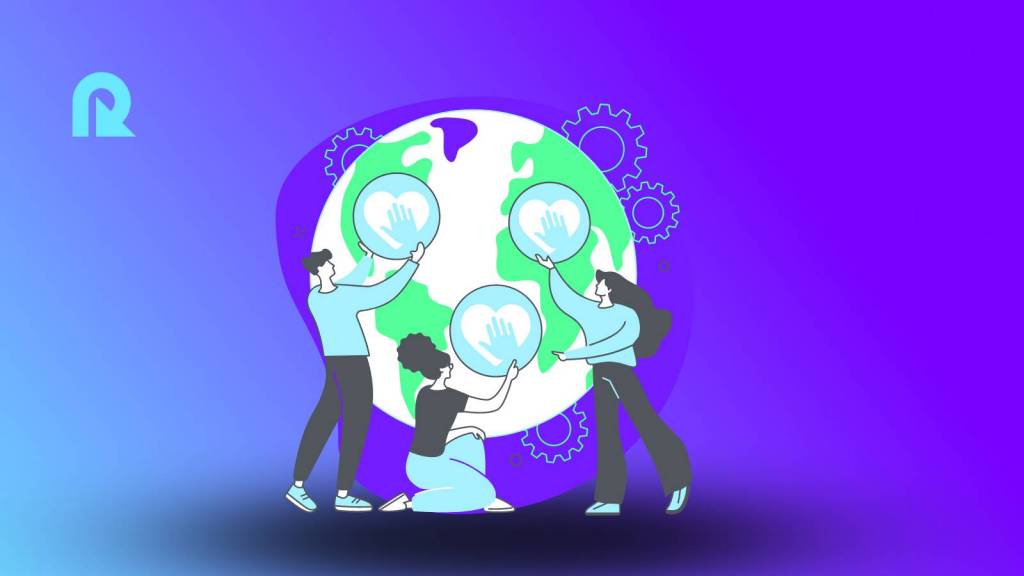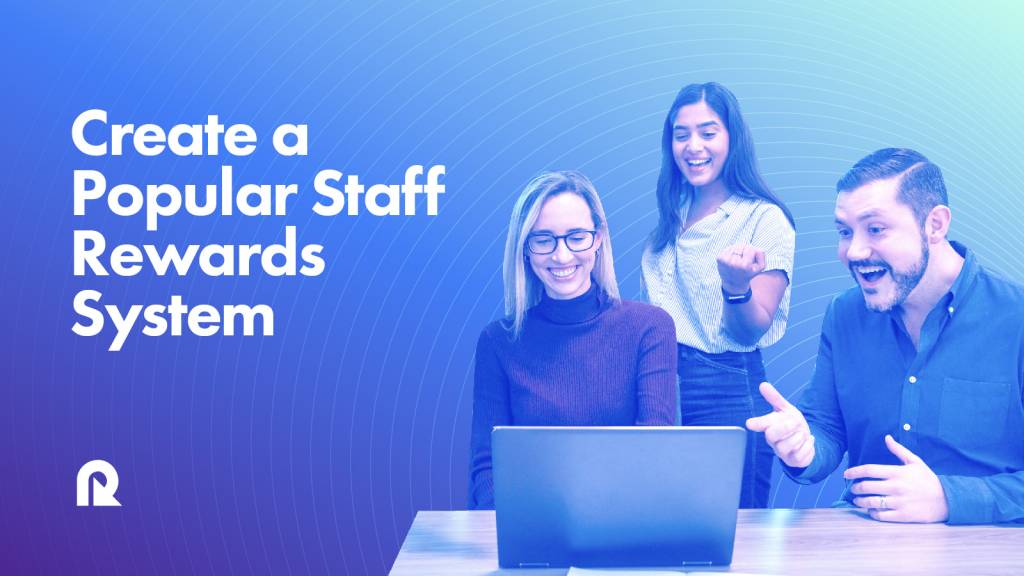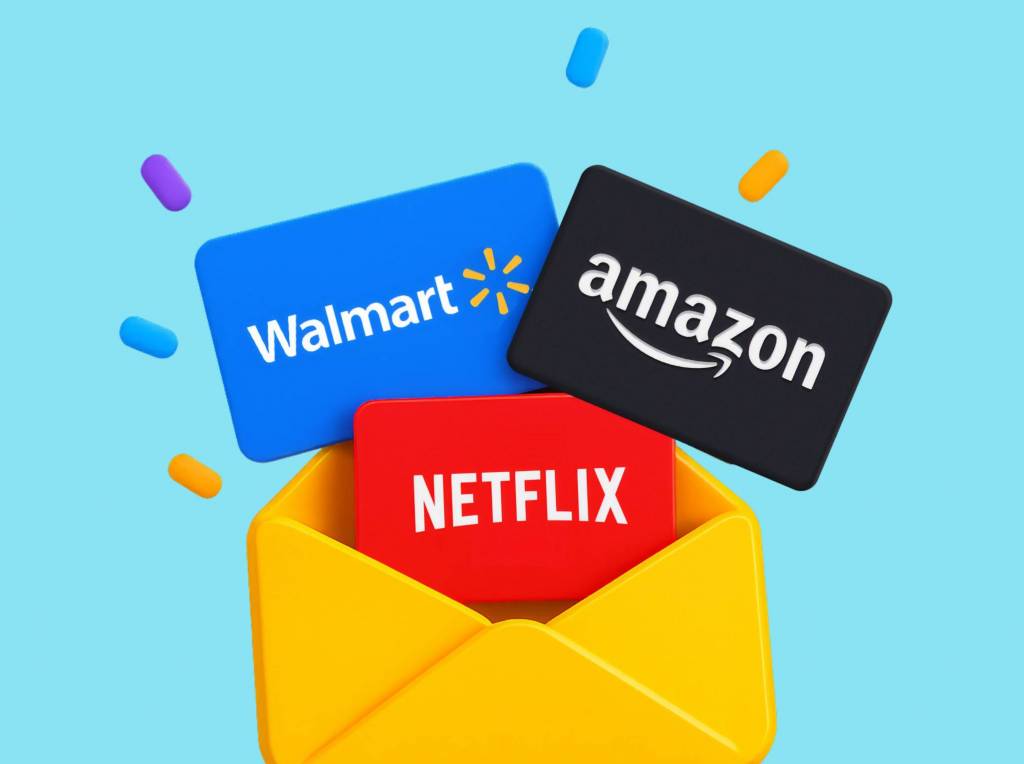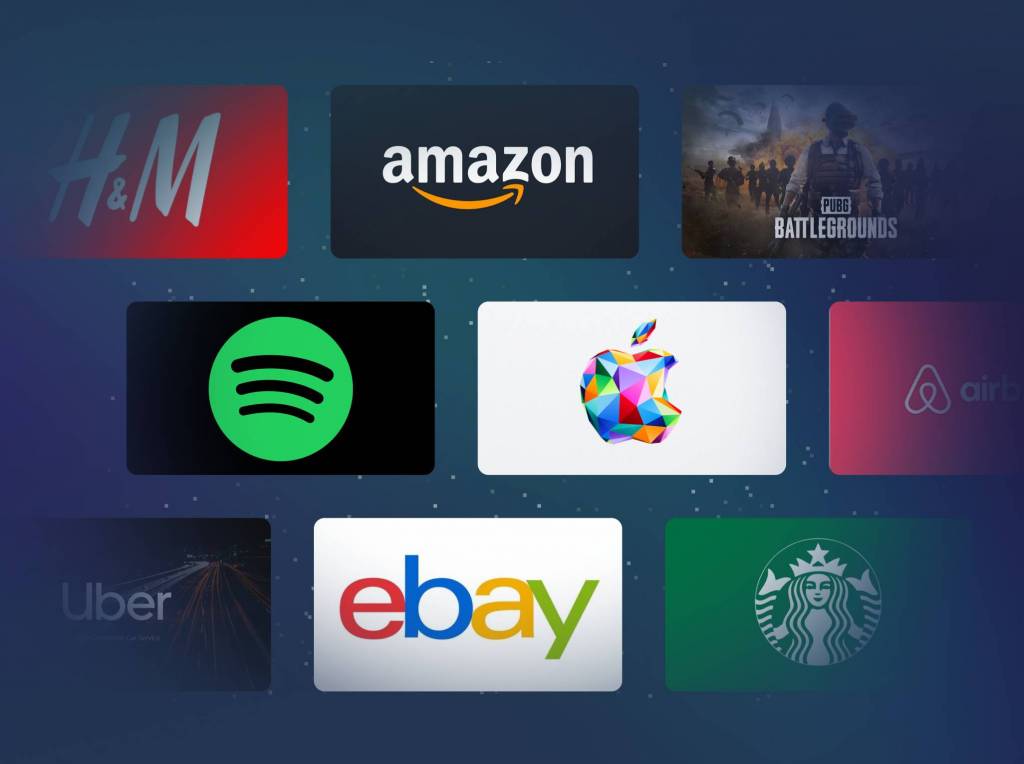It’s no wonder that mobile phones are quickly becoming the one must-have item among people from all walks of life. They’ve become as ubiquitous in Kenya and Gabon, where their penetration rate is a whopping 98% and 95%, respectively – higher than access to essential services like water, or roads! And it gets even better: NGOs can use these devices for much more than just communication; by awarding airtime/data bonuses they encourage locals to take part in humanitarian projects, surveys and educational initiatives – but how do they make it work? Let’s dive into this fascinating topic!
Mobile technology has revolutionized the way we interact and engage with people in emerging markets, even outstripping infrastructure when it comes to penetration rates. In recent years NGOs have jumped on board this tech trend as a pathway for connecting with individuals – offering airtime rewards as incentives along the way! The only hurdle is having access to reliable intermediary technology that can make these transactions happen seamlessly – bringing businesses, organisations and people together like never before.
Technology like Reloadly’s API for top ups…
Get in touch with us and see how Reloadly’s API can do for you!
Why Airtime and Data Bundles? The Best Incentives
NGOs operate in a variety of countries. Many of them are developing markets where prepaid plans dominate the mobile phone landscape. In these countries, access to mobile technology is spread far and wide. Here, mobile data and airtime are as valuable as money. But why so?
First: what is airtime? That’s the time that a person has available to use a mobile phone operated by a network. It’s set in minutes, and it’s one of the hottest commodities in many countries in Asia, Africa and Latin America. Second: what are data bundles? These are packages of gigabytes to browse the internet through a mobile phone. These are usually sold by merchants, but are effective alternatives for a reward program. Both play major roles in emerging economies.
For these countries, airtime and data play the role of cash. It is a good substitute for traditional banking systems. Airtime allows them to stay in touch with loved ones that live in other countries, communicate among themselves, or conduct their businesses. It’s no wonder NGOs incentivise user participation with airtime and data rewards!
How do NGOs Benefit from using Airtime and Data as Rewards?
NGOs need the people’s trust if they’re to have any success in their missions, so what better way of earning it than by compensating those that participate? Whether its human rights advocacy or environmental projects, airtime and data rewards are an ideal incentive for many NGO programs. By investing in these tokens of appreciation, NGOs can directly benefit a wide range of communities on both large and small scales – pushing society forward one step at a time!
For NGOs, airtime and data rewards as incentives are useful for their various programs. These range from relief response, education efforts, and data collection. From human right advocacy to social and environmental work. On a large or small scale, they can seek to advance social or political change. NGOs are essential for advancing society, enhancing communities, and encouraging citizen engagement.
What kind of benefits do NGOs obtain awarding instant airtime and data to incentivize participation?
Transparency
Keeping track of rewards (cash or otherwise) in the books is a chore. It is physical, usually labor-intensive, work that could be benefited by digital technology. NGOs can keep digital track of all rewards by incorporating an airtime and/or data rewards program through Reloadly’s API for top ups. Rewards can be made in bulk, and there is a detailed record of every transaction made.
Clean Records
NGOs need to be transparent if they want to share information with stakeholders. They also need to be compliant with rules and laws. By integrating an airtime and data reward program with technology like Reloadly’s API for top ups, NGOs can fully account for every cent spent in airtime or data to ups.
Public Image
NGOs need to be on the public eye to survive. A well-known organization is more likely to receive support for its projects than an organization that lingers in obscurity. NGOs earn such support from the people when they incentivize user participation with airtime and data rewards. Why? Because people will feel that their time and effort is appreciated. NGOs that employ techniques like Social Media’s user engagement programs will see an improvement in their public image.
Gamification Strategies
NGOs that incentivize user participation with airtime and data rewards can do so through gamification techniques. Gamification is making any task be like an enjoyable game. This is done by designing entertaining protocols and giving rewards to participants. NGOs can provide incentives for participation in their programs. For their effort, people can be given airtime and data bundles as rewards. Even digital gift cards if the reward program entails it.
Airtime and data bundles are easy to deliver. Even easier, with technologies like Reloadly’s API for top ups.
Programs to Reward User Participation with Airtime and Data Incentives
Let’s look at some examples of reward programs implemented by NGOs.
Tembo Education
Many NGOs have worked to fix the educational needs of Nigeria. But they have done so without an effective method of engagement. Tembo Education, on the other hand, decided to do so through mobile phones.
The Tembo Education group was created to try and figure out how to provide education to children in urban slums. They started work in the former capital, Lagos, where they discovered that most people in shanties had a mobile phone. Even if they didn’t have access to drinking water. Tembo’s solution was a clever one. Send school lessons to parents through SMS. The parents would first study the lessons with a home educator, then home-school their children.
All Tempo needed was an incentive to keep parents motivated, and this incentive was airtime. In Nigeria, like other countries in Africa, airtime is treated as cash. With the right technology, airtime is given and received on the spot, all of it without any set ups or regulatory obstacles.
The Youth Café
The Youth Café is a pan-African NGO that works with young people to advance social progress and political change. They operate mainly in Africa, but also around the world, and see young people as every country’s most important asset. Their work is constantly cited by the press, and it deals mostly with prevention of violent extremism, political inclusion, education, culture, sports and job creation.
Their main goal is to promote strategies led by young people. This means that they constantly do research to gather data among African youths, most of which own a mobile phone. To incentivize participation, The Youth Café runs several rewards programs. Those who that take part in their polls sign up for this program and collect points for every survey they participate in. Once they gather enough point, these can be exchanged for different kinds of rewards. These include gift cards and online certified courses, but also airtime.
Collecting points to latter exchange them for prices is a classic gamification move. This is a good strategy to engage young people to participate in otherwise boring or tedious polls. It can be made possible thanks to the possibility of awarding incentives, such as airtime, data bundles or,as done by The Youth Café, gift card.
Upinion
Upinion used to be a company that dealt with market research technology. That was until they realized that they had the technical know-how to become one of the world’s most specialized platforms to address bigger problems. Although not exactly an NGO, they work closely with them by providing data to work with. This data is the result of intensive analytic work, done by combing through voice recordings, texts, video and images.
They are a technology facilitator that works with NGOs by collecting and distributing data. Because they gather information, they also integrate reward programs in their workflow, thus incentivizing user participation. They have done so in tandem with Reloadly, distributing airtime top up rewards to participants in Africa and the Mediterranean.
Their choice for Reloadly is not an accident. Upinion sought a robust platform to distribute bulk airtime rewards, but it required the technical feasibility to do so. They did so with Reloadly’s API for top ups. But also with the help of Reloadly’s technical support, a dedicated team of experts that resolves issues within hours.
The Advantage of Incentivizing with Airtime and Data Rewards
Many NGOs operate in rural areas, zones of conflict, or places that are difficult to navigate. As much as people want incentives, they will not pay the transportation costs (or run the risks) to reach NGO offices to answer a few questions. It isn’t cost effective for them, even if rewards are financial payments, food, or goods. NGOs need to reach the people, and once they do so, offer a reward for their time and work.
Rewarding participation with airtime and/or data is a convenient thing to do, for both NGOs and participants. For the former, integrating an API for top ups solution, like Reloadly’s, is easy and comes with no costs attached and it’s easy to integrate. For the latter, it is a means to immediately receive precious airtime and/or data that will be put to good use.
These kinds of programs bring trust and loyalty to NGOs and other organizations that wish to bring a positive impact to society.
In Conclusion
Reloadly’s APIs for airtime and data top ups are simple, easy, tools that give NGOs and organizations access to top mobile operators worldwide. Rewards are distributed on the spot, seamlessly and safely.
Have we picked up your attention? Get in touch with us and see what’s the best API for you!



